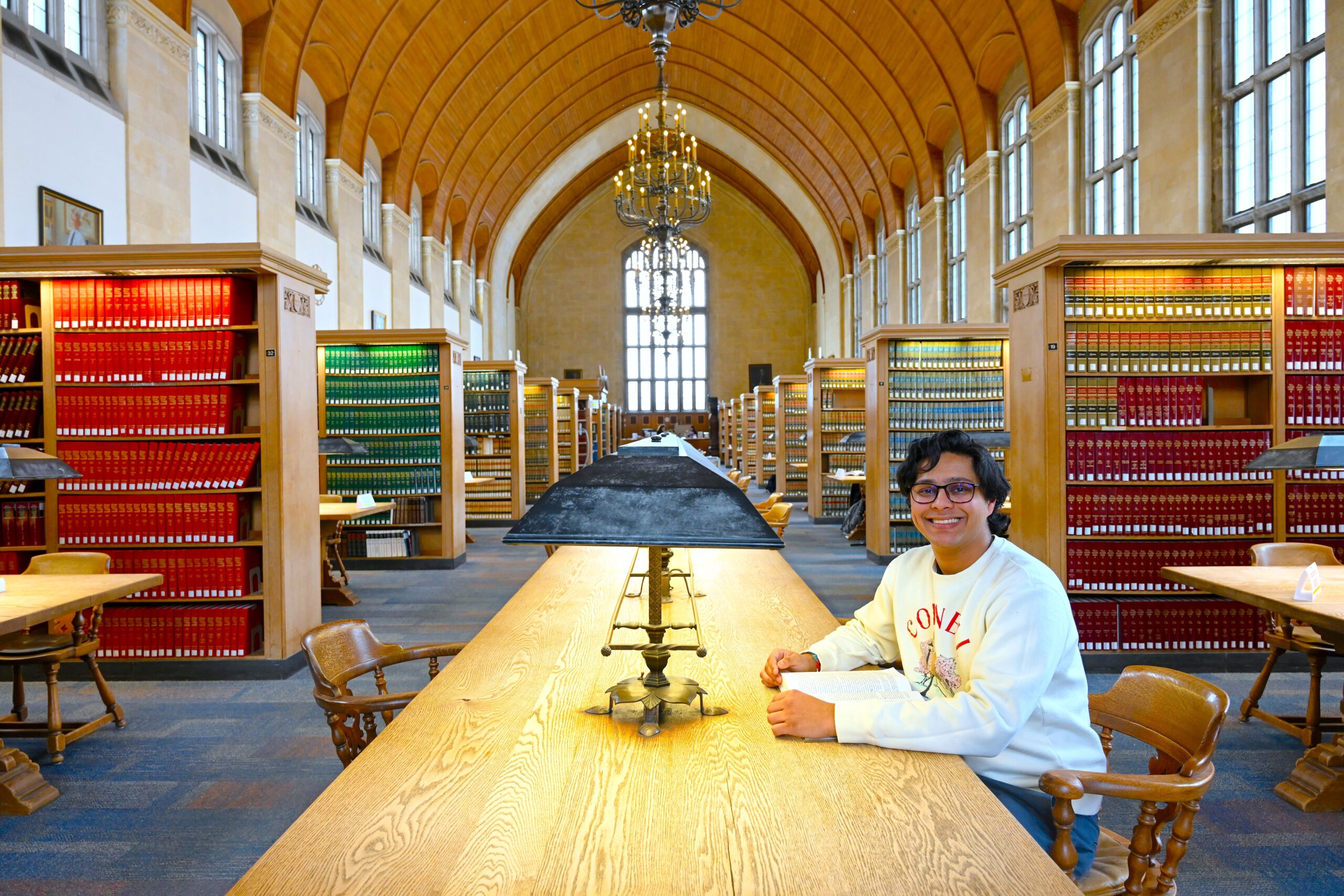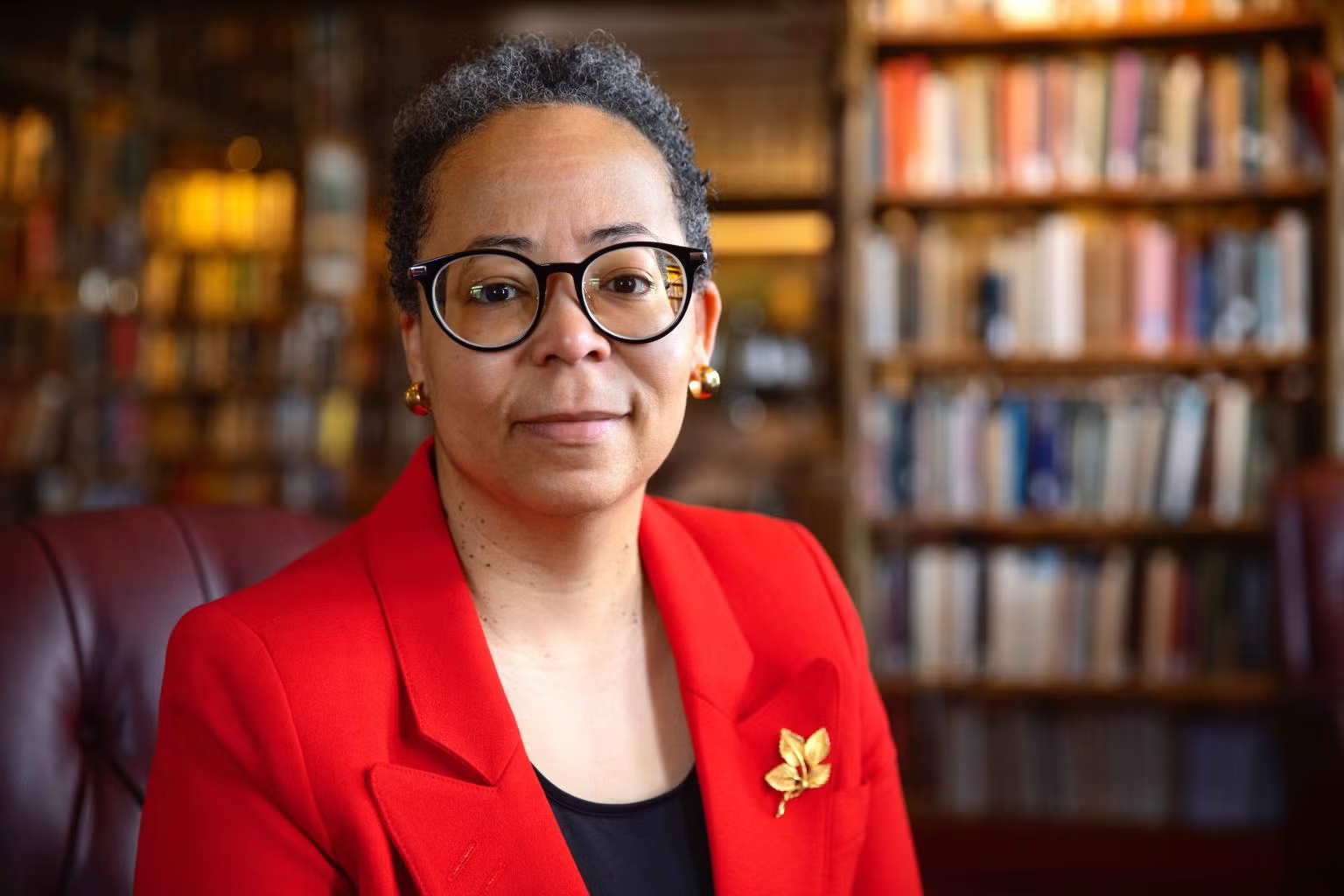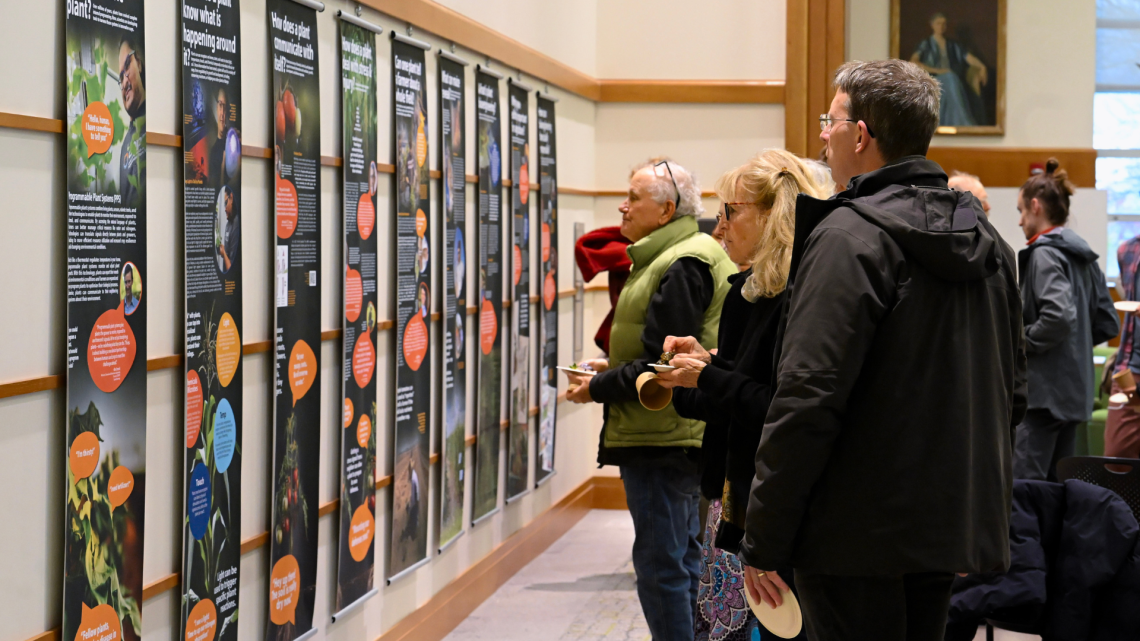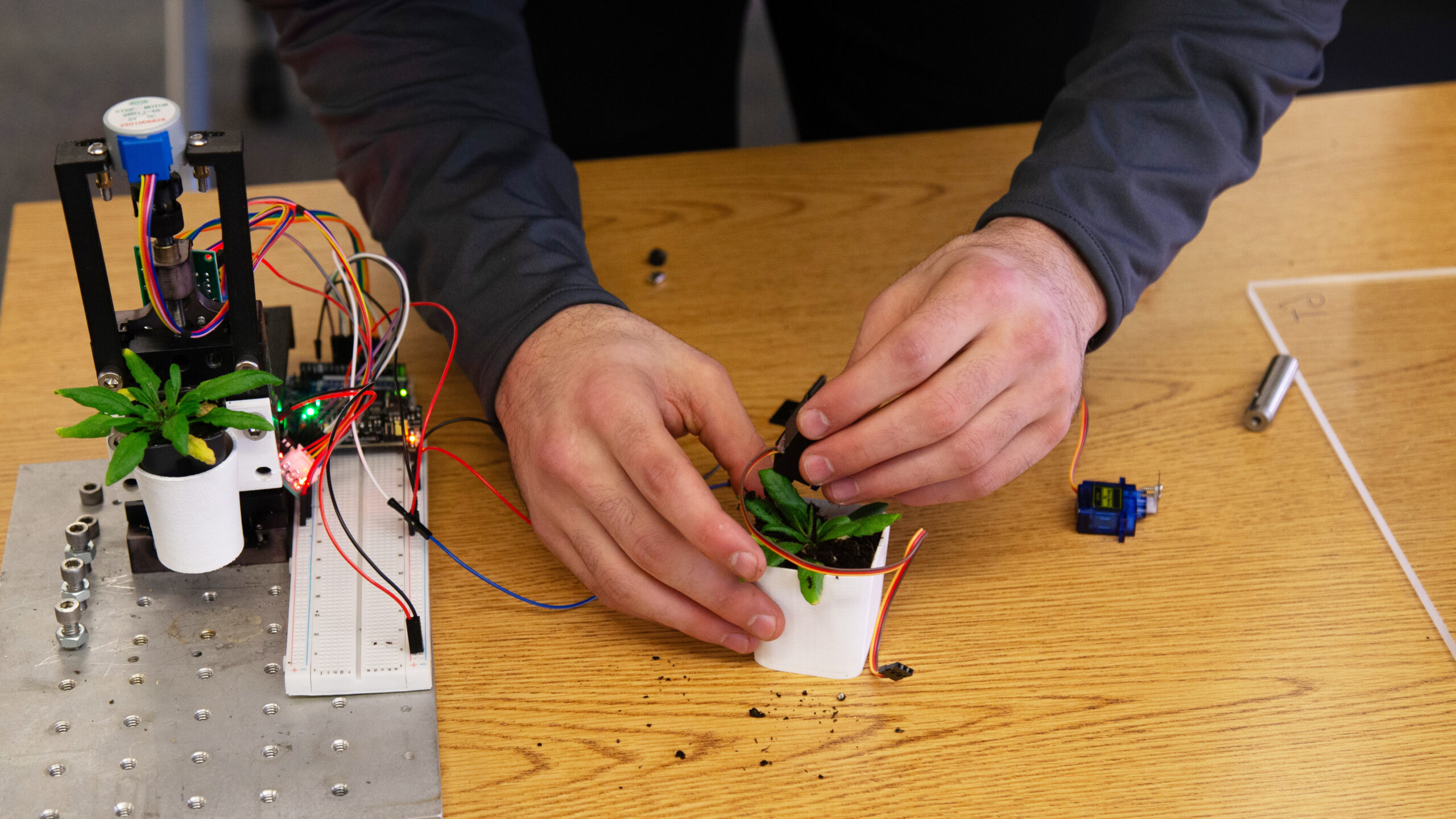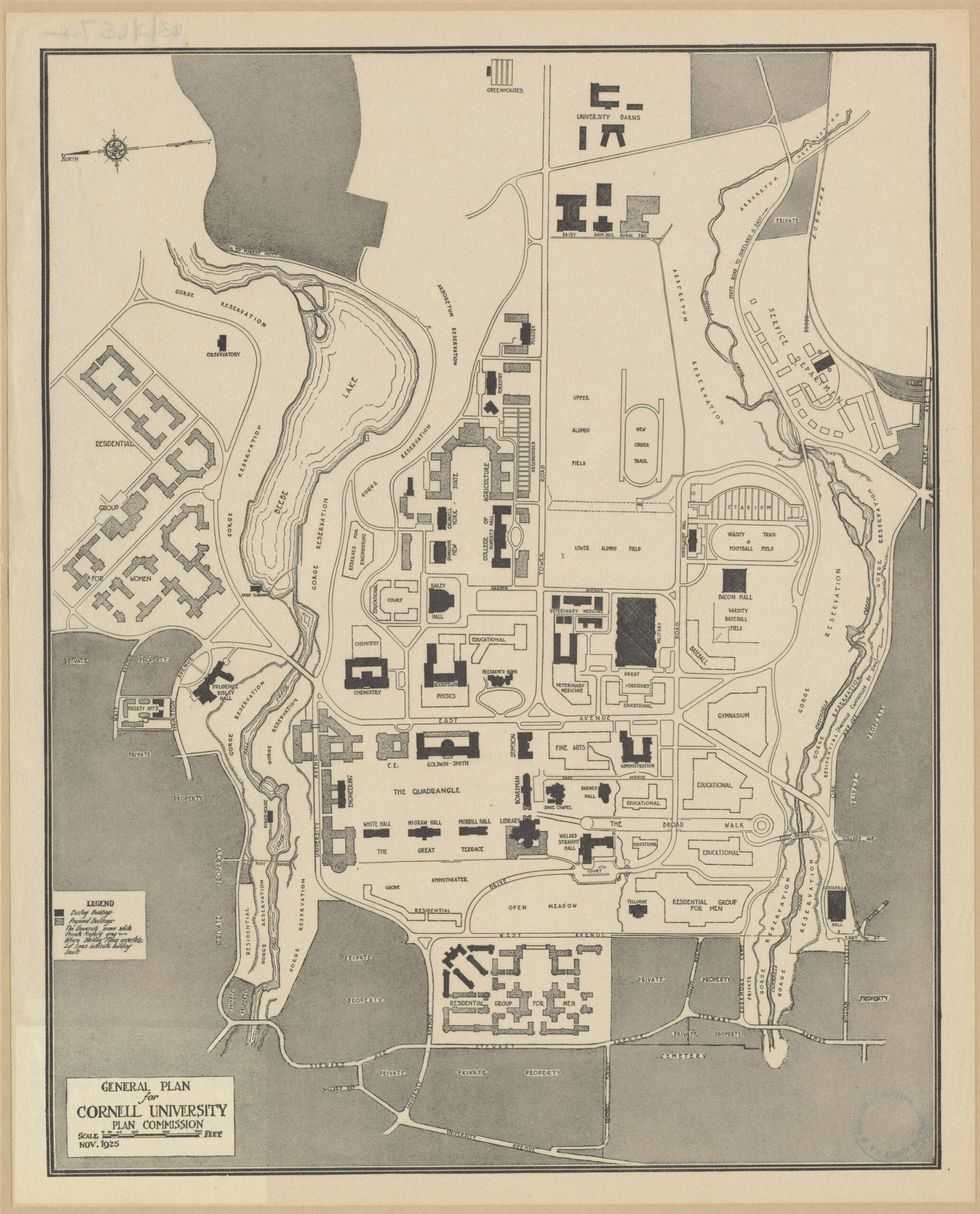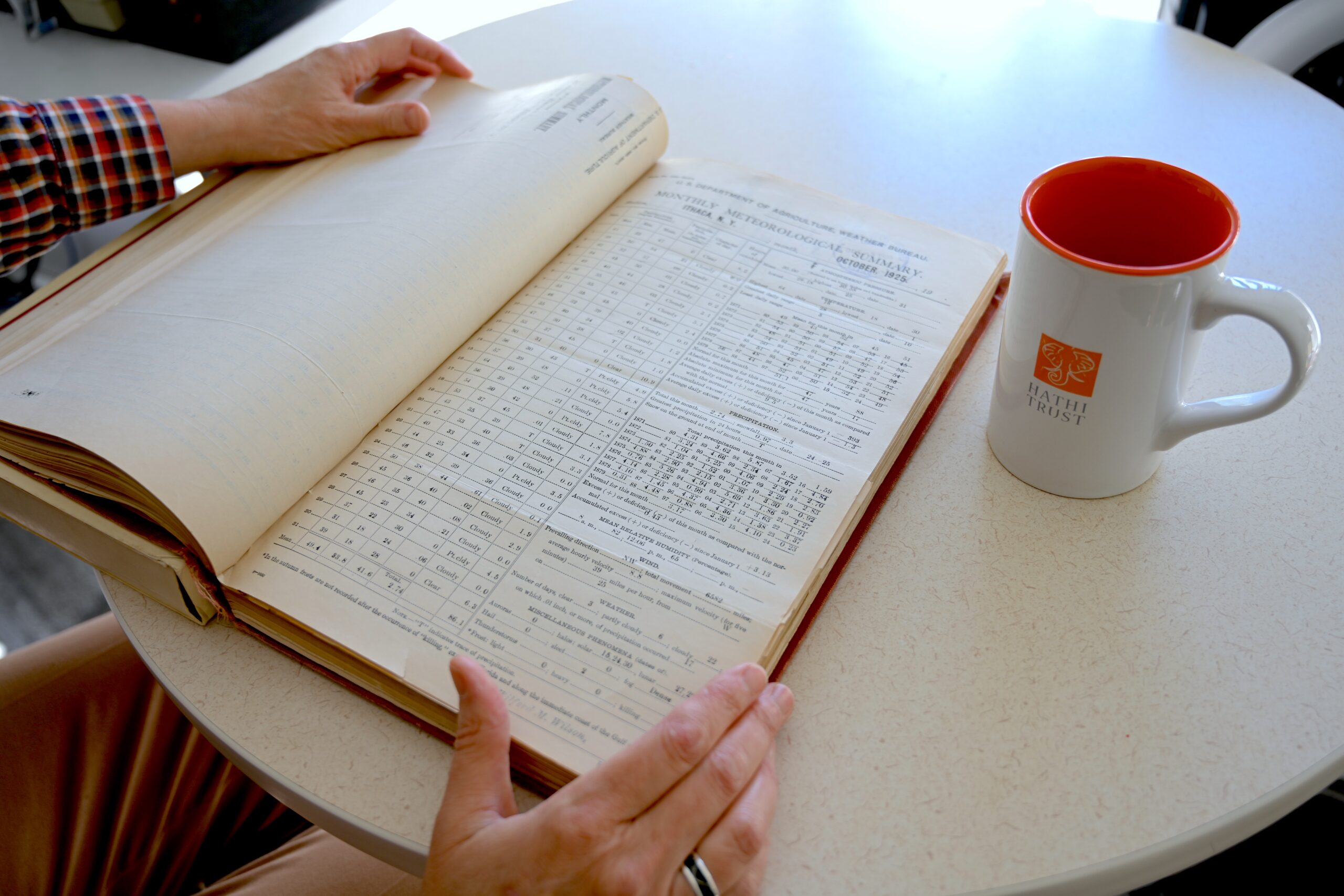
Cornell University Library has been awarded a grant by the Institute of Museum and Library Sciences (IMLS) to support a project aimed at creating open educational resources on algorithmic literacy—building the public’s knowledge about what algorithms are, how they function, and how they shape modern life.
“Algorithms are pieces of code used to solve problems,” said Reanna Esmail, lead librarian for instruction at Cornell University Library and a co-leader of the project. Esmail explained that these algorithmic rules set the parameters for a variety of automated tasks—from recommending movies on Netflix to screening banking mortgage applications.
“Unfortunately, a lot of them tend to be ‘black box’ algorithms whose code and processes are obscured from public understanding, and sometimes even the understanding of those working on the algorithm,” she said. “And so part of the aim of the project is to unpack that and ask, ‘How do algorithms impact our everyday lives?’”
Iliana Burgos, emerging data practices librarian and a co-leader of the project, emphasized that algorithms are made by people, and are susceptible to perpetuating biases, especially against historically marginalized groups.
“We need to build public awareness so that there is accountability for discriminatory algorithmic systems, and so that we aren’t just subject to Big Tech’s whims,” Burgos said. “Knowledge is power in that sense.”
Funded through IMLS’s Laura Bush 21st Century Librarian program, the 18-month project will enlist the help of educators, library and information professionals, and public audiences in identifying algorithmic literacy needs and then creating educational resources to help address them. The project team will publish the summary of its findings and its educational resources via open access—freely available online for communities at Cornell and beyond.
